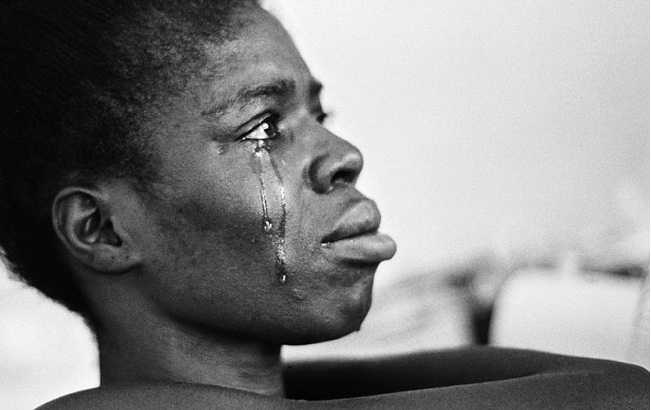
On Thursday in Awka, women from Anambra held a peaceful demonstration to denounce what they referred to as "barbaric practices" related to widowhood. They called for an end to the tradition of compelling widows to drink water used to bathe their deceased husbands before their funeral.
Ms. Hope Okoye, the head of the Anambra agency on Violence against Persons Prohibition Act, led the demonstrators. They convened at the Children, Sexual and Gender-Based Violence Court in Awka to voice their grievances and show support for a plaintiff whose case was being heard.
The plaintiff's brother-in-law had compelled her to drink the water used to bathe her husband before his burial.
The demonstrators held signs with messages like "Give our widows peace" and "Put an end to harmful widowhood practices and unfair laws in Anambra."
Okoye spoke with reporters, emphasizing that it is crucial for the Anambra government to take action and bring an end to this practice in order to safeguard women and young girls from harm.
She appealed to community leaders, particularly those in the Ogbaru Local Government Area of Anambra, to put a stop to all forms of harmful practices directed towards women and widows.
"We insist that the government ensures that justice is served on those who engage in unpleasant practices that harm widows, women, and young girls, regardless of their social standing.
"This practice is not exclusive to the Ogbaru communities, as it has been observed in other regions of Anambra," she stated.
During the protest, Mrs. Eucharia Anaekwe, a prominent female leader, revealed that she had previously conducted awareness campaigns in different Anambra communities to put a stop to this practice. She expressed her surprise that the Atani community in Ogbaru Local Government Area of Anambra still engages in this practice.
Mrs. Ugochi Freeman, another leader of the demonstrators, urged young people in Anambra to join in the campaign to eliminate this practice in their respective communities.
Freeman emphasized that young people, as the future leaders who will become mothers, sisters, wives, daughters, spouses, and in-laws of others, should be at the forefront of the movement to eradicate harmful traditional practices.




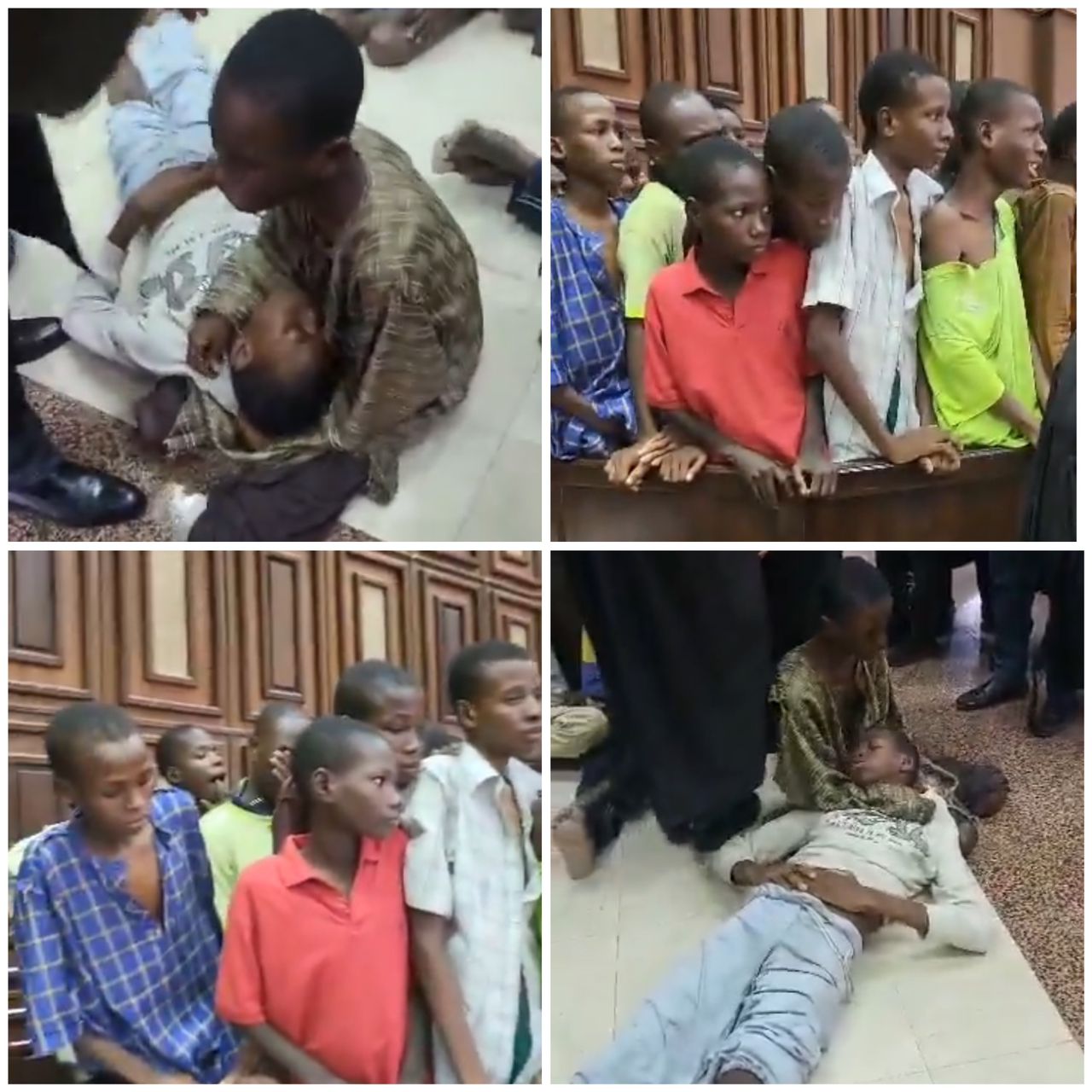
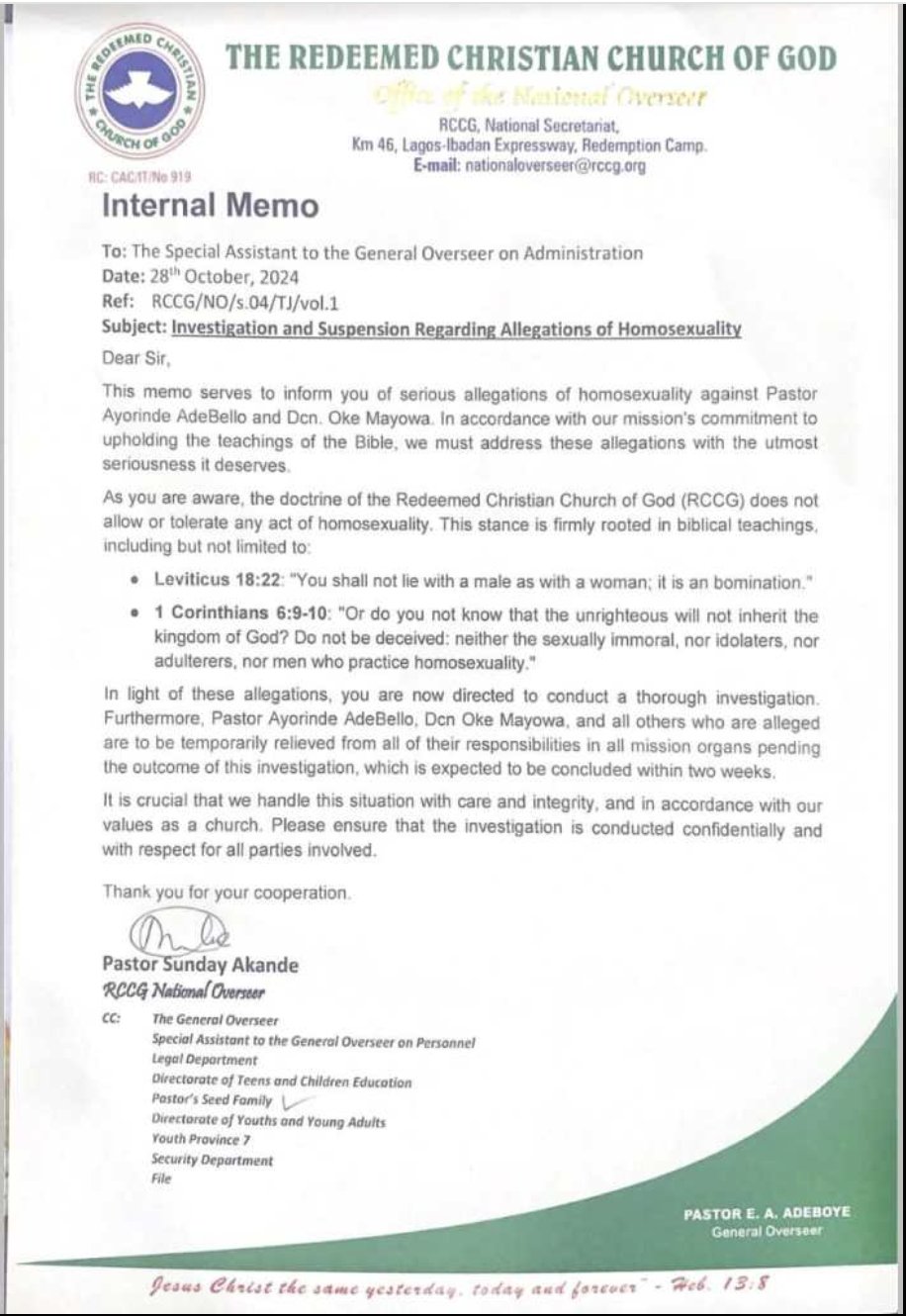

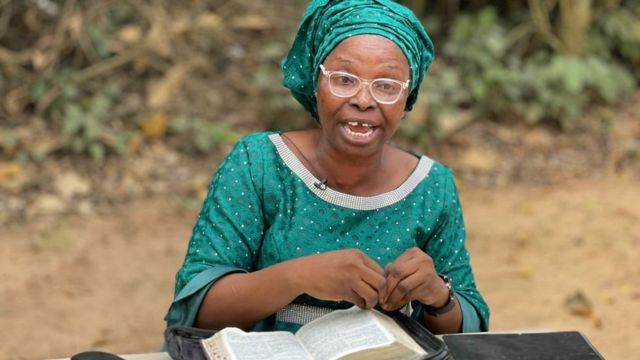
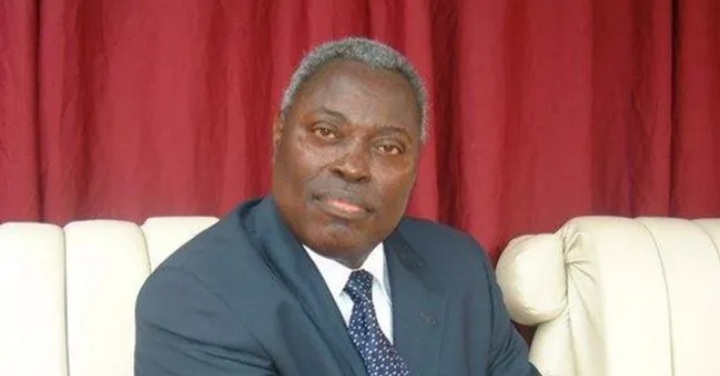
Leave a comment